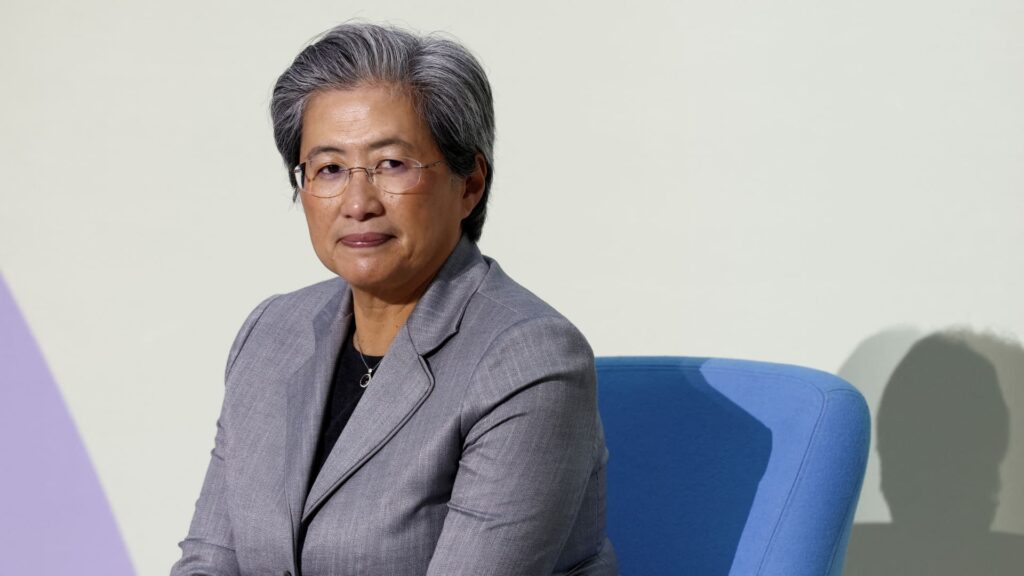Lisa Su has been the CEO of Advanced Micro Devices (AMD) for 10 years, taking the company from a struggling chipmaker to a $190 billion artificial intelligence powerhouse — and boosting her net worth to $1 billion in the process.
The turnaround wasn’t easy, but Su faced the challenge head on, she said during a commencement speech at Rensselaer Polytechnic Institute on May 10. The best piece of career advice she ever received was to “run towards the hardest problems,” said Su, 55. “That’s where you find the biggest opportunities, where you learn the most, where you set yourself apart, and most importantly, where you grow.”
The advice, which came from IBM executive John Kelly, is exactly what drew her to AMD, Su said: “When I joined, it was clear the company had a mixed track record. But I saw the potential, the people, the vision and the opportunity to help lead a company that mattered … It was actually my dream job.”
Su and her family immigrated from Taiwan to the U.S. when she was 3 years old. The daughter of a bookkeeper and mathematician, she graduated from the Bronx High School of Science in 1986 and attended the Massachusetts Institute of Technology. There, she received bachelor, master and doctoral degrees in electrical engineering.
She worked at Texas Instruments, IBM and Freescale before taking the helm of AMD in December 2014, according to her LinkedIn profile.
DON’T MISS: How to change careers and be happier at work
Difficult challenges are worthwhile because emerging from them is the “most rewarding,” she said.
“Hard problems stretch you, they demand focus, creativity and determination … They give you confidence, they give you growth and they give you impact,” said Su. “When you choose the hardest challenges, you choose the fastest path to growth and the greatest chance to make a difference.”
She expects a similar work ethic from her employees, setting extremely high expectations for the people around her, Su told Time in December. Executives at AMD, including Su, occasionally review memos after midnight and attend meetings on weekends, Time reported.
Su’s advice doesn’t mean you should pursue something solely because it’s hard. Instead, look for opportunities to learn new, challenging skills that interest you and to “make an impact,” she said.
Doing work that you’re genuinely curious and excited about can motivate you to put your best foot forward and lead to longer-term happiness, rather than pursuing a hard major or prestigious job only because it looks good on your resume, for example. Rampant curiosity has helped business leaders from Bill Gates to Uber CEO Dara Khosrowshahi bolster their careers and stand apart from their peers.
Su also recommended looking for challenges that require you to collaborate with like-minded individuals, allowing you to learn from other people’s perspectives and grow your network.
“You can’t solve big problems alone. No one has a monopoly on good ideas. The challenges we face today are too complex to be solved by one person,” said Su. “They actually really demand teamwork and collaboration because meaningful progress happens when people with different perspectives, skills and experiences work together to solve real problems.”
Want a new career that’s higher-paying, more flexible or fulfilling? Take CNBC’s new online course Make a Powerful Career Change and Land a Job You Love. Expert instructors will teach you strategies to network successfully, revamp your resume and confidently transition into your dream career.
Plus, sign up for CNBC Make It’s newsletter to get tips and tricks for success at work, with money and in life.


